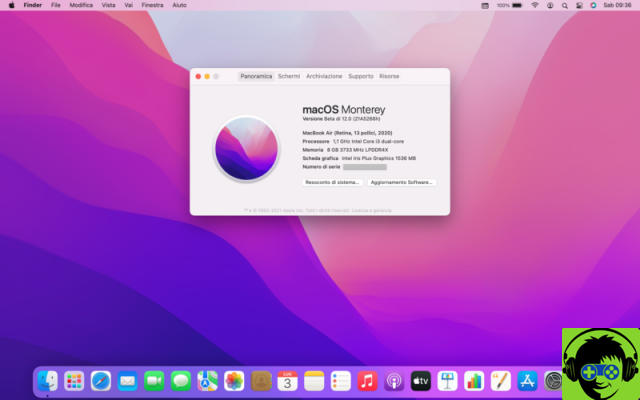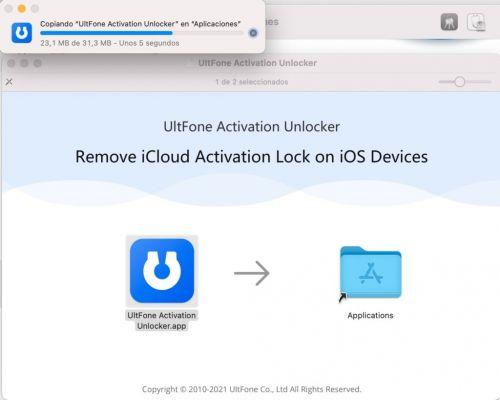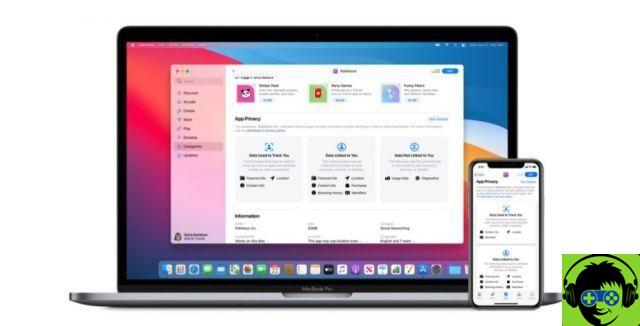
A discussion in the MacRumors forums, from a question made by user Wowfunhappy asking about the future compatibility of universal binaries in new computers with Apple Board (Apple Silicon) and whether a universal binary compatible with the four architectures, launched an unexpected answer :
During its presentation at WWDC 2020, Apple announced the return of Universal Binaries, to allow developers to build apps that run on both Intel-based and Apple-based computers during the transition.
But in reality the Universal Tracks have never disappeared. You can use apps compiled for PPC (PowerPC) and for Intel in Mojave, and I suppose Catalina as well. Likewise, many Intel-only apps are also "universal" in the sense that they contain versions for both 32-bit (i386) and 64-bit (x86_64) architectures.
So I wonder: would it be possible for a developer to create a universal binary that works natively on all four architectures? PPC, i386, x86_64 and ARM?
The answer is apparently positive. Developer TenFourFox blogged about this possibility, confirming that it's possible:
A question that has been asked to me multiple times over the past few days is: Now that AARM (Apple ARM) is real, is it possible to create the ultimate ARM-Intel-PowerPC universal binary? I already believe it is possible! I bet it is! Apple already anticipates that you can have a binary with five different architectures including, for example, ARM64, 32-bit PowerPC, 64-bit PowerPC, i386 and x86_64. You just have to compile them independently and package them together.
TenFourFox is a variant of Firefox for Mac PowerPC with OS X 10.4 or 10.5. It offers those users modern browser compatibility. The developer points out that each architecture can also have its own subtype, which means that what might be called 'the king of universal binaries' could be compatible with 17 different types of education structures, which could make an application run on any PowerPC machine for future ARM Macs being compatible with all processor variants.
Reality
Beyond academic interest or curiosity, the reality is that such backward compatibility is of little commercial interest. The fleet of PowerPC machines in use must be very close to zero, and knowing the speed with which Apple migrates and the greed with which Apple users embrace new features, the fleet of Intel-based computers will shrink dramatically in a few years.
In five years, Intel-compatible applications will be discontinued and in ten years they will be an anomaly.
No one who wants to enjoy their Mac should bet on their hopes that Intel applications will be standard compliant in five years.
Sure, there will be piles of articles protesting when it happens, but we all know it will. Any other position is mere denial.


























